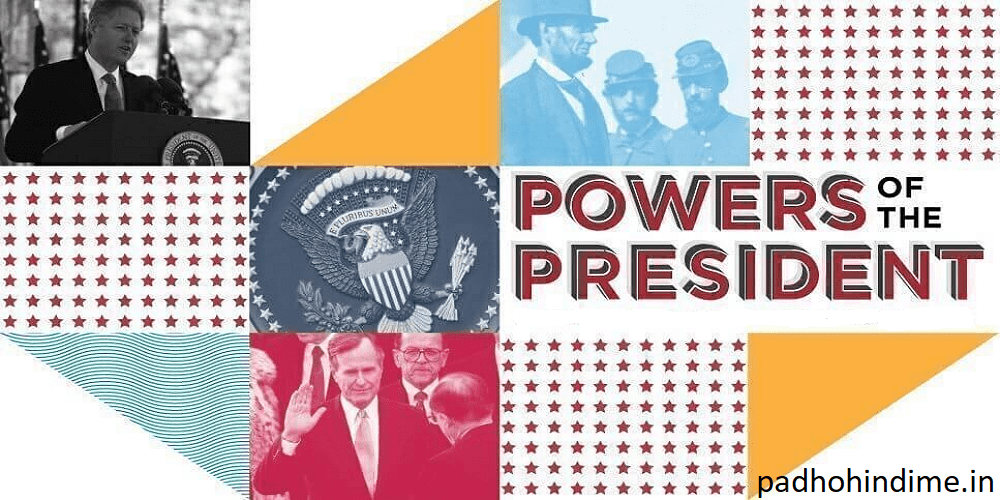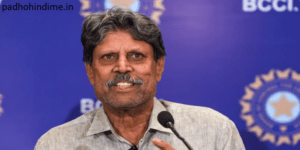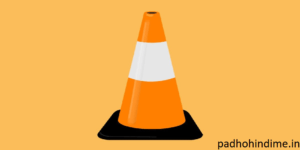Power And Function Of President.
The power and functions of a president vary depending on the political system and the specific constitutional provisions of a country. However, in a typical presidential system, such as the one in the United States, the president holds significant powers and performs various functions. Let’s explore them in detail:
- Head of State: The president serves as the ceremonial head of state, representing the nation domestically and internationally. They symbolize the unity and sovereignty of the country, and their role includes welcoming foreign dignitaries, awarding honors, and delivering speeches on national occasions.
- Chief Executive: The president is the chief executive officer of the government and exercises executive power. They are responsible for ensuring that the laws of the land are faithfully executed. This includes overseeing the administration, implementing policies, and managing the executive branch of government.
- Commander-in-Chief: The president is the commander-in-chief of the armed forces. They have the authority to deploy military forces, make strategic decisions during times of war or national security threats, and represent the country’s military interests.
- Legislative Powers: The president often has a role in the legislative process. In some systems, such as the United States, the president has the power to propose legislation to Congress. The president can also veto bills passed by the legislature, although this power may be subject to checks and balances, such as a veto override by the legislature.
- Diplomatic Powers: The president is responsible for conducting foreign policy on behalf of the country. They appoint ambassadors, negotiate treaties, and represent the nation in international forums. The president plays a crucial role in maintaining diplomatic relations, promoting national interests, and addressing global challenges.
- Appointment Powers: The president typically has the authority to appoint individuals to various positions within the government, such as cabinet members, ambassadors, federal judges, and agency heads. These appointments often require the advice and consent of the legislative body or other designated authorities.
- Pardon and Clemency: The president may have the power to grant pardons, reprieves, or clemency to individuals convicted of federal crimes. This power allows the president to commute sentences, reduce penalties, or forgive offenses.
- Crisis Management: During times of national emergencies, the president plays a vital role in crisis management. They may declare a state of emergency, mobilize resources, and coordinate response efforts across different government agencies to protect public safety and welfare.
- Party Leader: As the head of their political party, the president provides leadership and guidance to party members. They may participate in fundraising, campaigning for party candidates, and shaping the party’s agenda.
- State of the Union Address: In many countries, the president delivers an annual State of the Union address to report on the nation’s condition, propose legislative initiatives, and set policy priorities for the coming year.
It’s important to note that the specific powers and functions of a president can vary significantly between countries, as different political systems allocate different responsibilities to the head of state or government.





Pingback: How RBI Earns Money - Padho Hindi Me